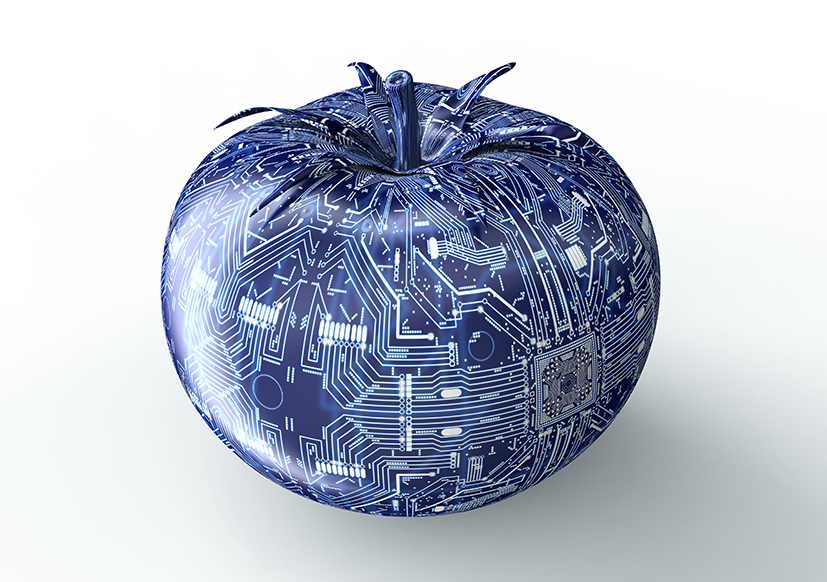The MENA region faces persistent food security challenges due to arid conditions, high import reliance, and inefficient agricultural practices. Artificial intelligence is emerging as a key tool to address these vulnerabilities by improving farming efficiency, optimizing supply chains, and reducing waste.
Companies like Elite Agro are using machine learning and digital surveillance to detect plant diseases, pest infestations, and water stress, allowing early intervention and resource optimization. The UAE Space Agency has developed an AI-powered platform that leverages geospatial data to detect crop diseases before they spread, improving agricultural resilience.
Food loss between harvest and retail in the region is estimated at 13%, with an additional 19% wasted at the consumer level, according to the UN. AI-powered predictive analytics and inventory management solutions are helping businesses minimise waste. Hilton has reduced food waste by 62% using AI-driven monitoring systems. AI-driven logistics are also optimising transportation routes, reducing spoilage, and ensuring faster food distribution.
AI is reshaping how food is marketed and consumed. The UAE Food and Beverage Business Group launched the Foodverse, a virtual marketplace connecting industry stakeholders and consumers. Such platforms integrate AI to enhance supply chain efficiency and consumer engagement.
Small and medium-sized farmers, who make up over 80% of the region’s agricultural holdings, often struggle to access advanced AI technologies due to financial constraints. Public-private partnerships are essential to making AI-driven solutions more accessible through financing models aligned with farmers’ asset cycles.


